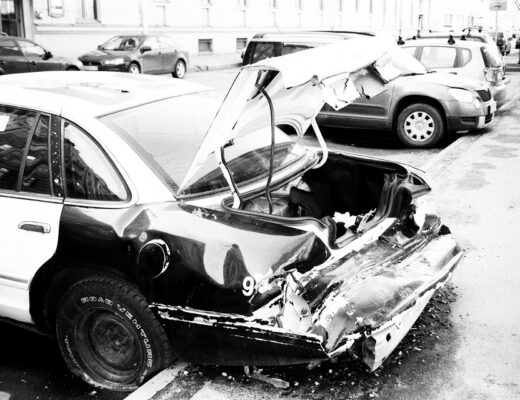Personal injury and property damage cases can be complicated, and one of the ways they get settled and solved is through the help of a forensic engineer. With investigative skills and technical knowledge, these professionals can take a careful look at the facts of the case and provide an impartial opinion of what happened. They analyze the evidence and help untangle concerns and issues, so legal proceedings can move forward.
What Caused The Accident To Happen?
At the heart of every personal injury or property damage case lies a fundamental question: What caused the incident? Getting answers isn’t always easy, but forensic engineers make finding the answers the focus of their careers. They understand both scientific methodologies and engineering principles, and they start their investigation at the scene of the actual event. There, they document, photograph, and analyze all the physical evidence. Whether it’s a collapsed structure, a malfunctioning machine, or a vehicular accident, they can get to the bottom of the problem and provide insight into what took place.
A Personal Injury Or Property Damage Case Tells A Story
By working with forensic engineering services an attorney or other interested party can get to the root of the issue. That’s because forensic engineers are a lot like detectives. They piece together clues that can seem random or unimportant by themselves, and reconstruct the sequence of events that led up to and created the incident they’re researching. Through a combination of structural analysis, materials testing, and computational modeling, they look for the right ways to unravel the underlying mechanisms of failure.
Forensic Engineers Can Be Expert Witnesses In Court
In the courtroom, forensic engineers are often asked to be expert witnesses. When they do that, they distill their technical expertise and thought processes into plainly explained insights for judges and juries to consider. There are often complex concepts that have to be addressed, and the forensic engineer will present their findings with precise and clarity. The goal of using a forensic engineer as an expert witness is to show how something happened in a way that eliminates speculation or misunderstandings, so a true determination of the facts can be made.
Mitigating Future Risks Is Another Valuable Goal
Beyond the confines of the courtroom, the work of forensic engineers carries significant implications for public safety and risk mitigation. By identifying systemic flaws and design deficiencies, they pave the way for preventive measures and regulatory reforms. Whether it’s improving building codes, enhancing product safety standards, or refining transportation infrastructure, their recommendations serve as catalysts for positive change. That can help ensure that accidents and other types of tragedies don’t happen again.
There Are Challenges & Ethical Considerations
While working as a forensic engineer can be extremely rewarding and provide significant value in the legal field, it’s not without its challenges and ethical dilemmas. Because these engineers work with both science and law, they have to navigate a lot of conflicting interests and competing narratives. There can be pressure to skew the results of their findings, but their integrity is an important part of who they are and what they do. A commitment to the truth and the principles of their profession makes them respected in their field and trusted both in and out of the courtroom.
Forensic Investigation Helps Decide Many Cases
Because there are so many details to consider with many personal injury or property damage cases, forensic engineers are in high demand. They require a lot of training and education to be able to handle their roles properly, but what they do has significant value for legal professionals, insurance companies, and the victims of personal injury and property damage events, as well.








No Comments